Traditional culture is still an important part of the Luo’s daily life, but that is changing. The way a child receives a name is related to the position of the sun when they are born. For instance, Atieno is a girl child born at night, Akinyo in the morning and Achien’g is when the sun is high. Akeyo is a name given during harvest time. The first letter of the name indicates gender. “A” signifies a woman and “O” a man. So a man born at night would be named Otieno. This is usually their last name with their first name being either a Luo name like Cawa or an English name like Juliana. We’ve also found that some people, but not all, are called by their last name. For example, John Chacha is known as Chacha and Jane Sakuku is simply Sakuku. We don’t fully understand the rules or manners dictating this so we just follow everyone else’s lead.
It raises an interesting dilemma in the clinic too. So many people have the last name of Atieno that the staff files patient charts under first names instead of last. And because birthdates are often unknown and no one has an address other than a village name, people must be further distinguished from one another by the names of grandfather and fathers. So when we pull a patient record we might ask, “are you Mary Atieno from Otho, granddaughter of Owya Ochien’g?”
The controversial practice of wife inheritance, whereby a man’s wife is inherited by his brother after he dies, was originally started as a way to ensure that the family of the deceased would be cared for. A woman who refused would lose her land, her home and her children. This practice continues but we’re told it’s losing favor in light of it’s connection to the spread of HIV.
HIV/AIDS has had a significant impact on the Luos. As I’ve mentioned before, this region has the highest incidence of HIV in
Social faux pas and how to avoid them
The Luos are very warm and welcoming people. As I previously described, they greet each other every morning before work by gathering in a circle outside the clinic. They then sing a song together and then say a short prayer. When they meet you again later in the day they will greet you again. Both men and women hold hands with each other while walking but people of the opposite sex should never display affection, or even hold hands in public. It’s bad to point at someone with one finger but OK to use the whole hand. It’s bad to pass something or eat using your left hand (poor Paul).
Kenyans have a different sense of personal space. They stand much closer to talk and may actually lean into you. They have a different understanding of time too. Last week we had a meeting scheduled for 9 AM with several organizations. The earliest group arrived at 10:30, the next at 11AM and the last one came at 1:30 PM. No one said “sorry we’re late” either. It’s TIA- time in





























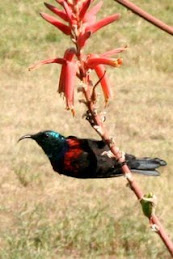
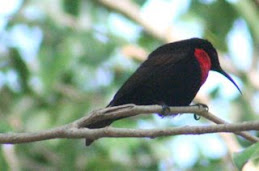
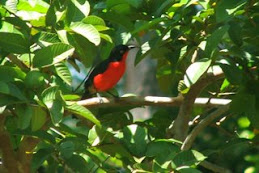
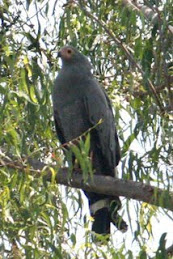






































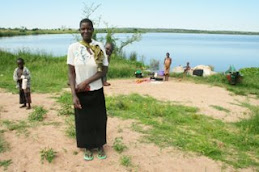

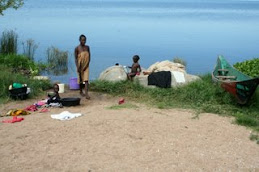

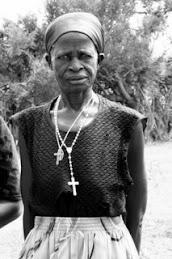






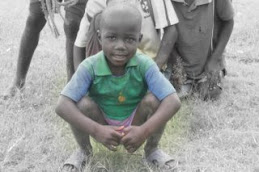


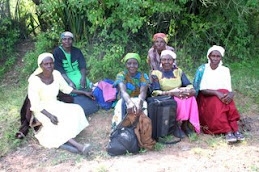

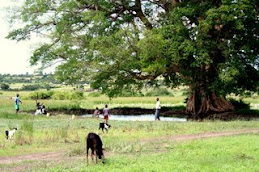
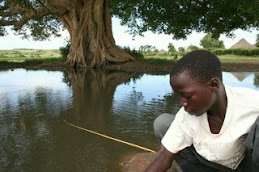
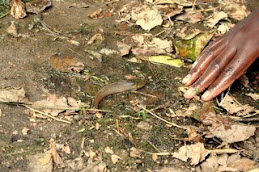



























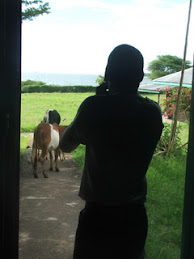

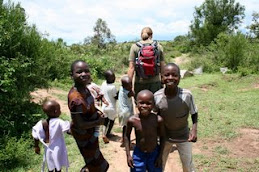











































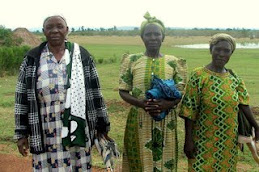

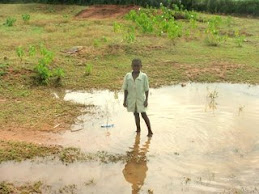

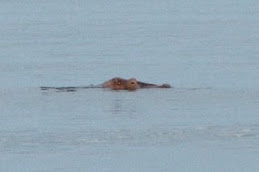



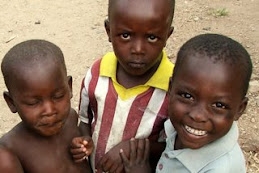


















2 comments:
Amazing lake picture. I assume the cloud is not a raincloud but a fly cloud? How big are the flies? Do they have a name? Do they transmit disease? The biased survey questions are really funny. It will be interesting to see what the final survey looks like. Take care! Hope you don't get any fly larvae in your meals!
I would have to duct tape my hands to my sides so not to point while speaking. The Italian insists on pointing.
Karen
Post a Comment